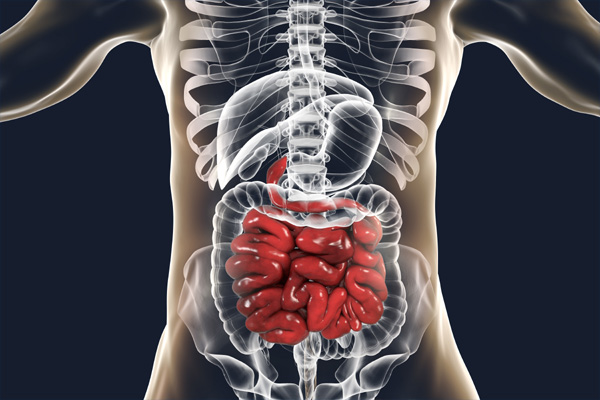What is Irritable bowel syndrome?
Irritable bowel syndrome (or simply called IBS) is a chronic gastrointestinal condition that affects the colon, or large bowel, which is the part of your digestive tract that stores stool (faeces). IBS is a very common problem. It is different from inflammatory bowel disease, hence should not be confused with it. It is estimated that as much as 20% of people in the general population experience symptoms of IBS, although only less than quarter of them actually seek professional medical help.
